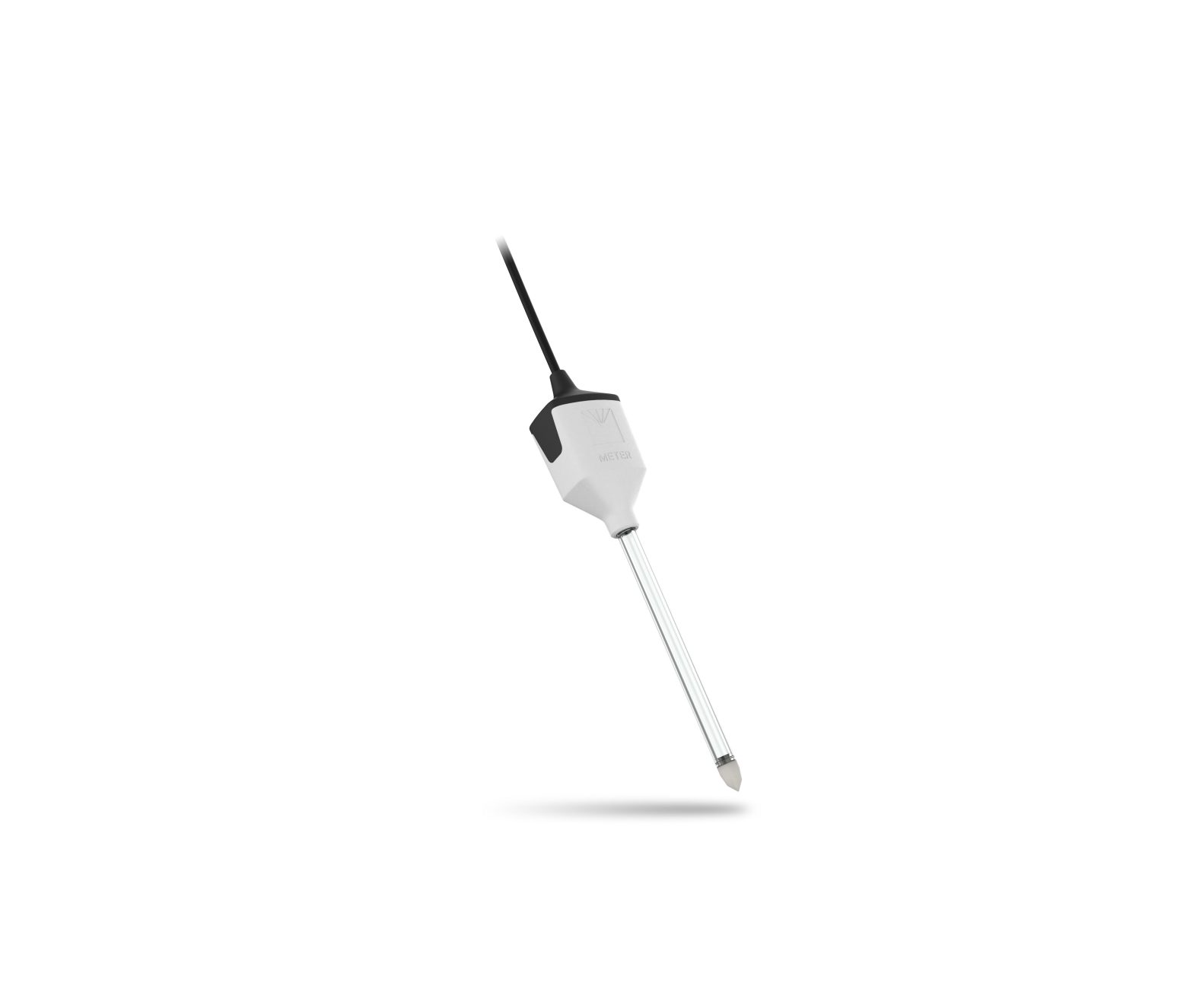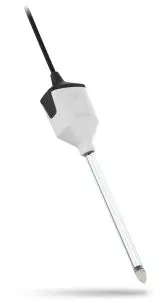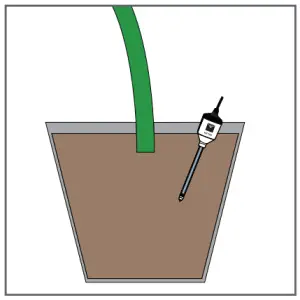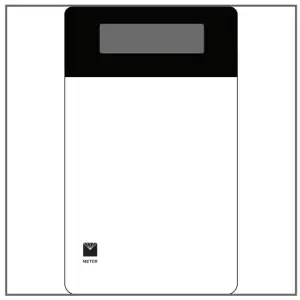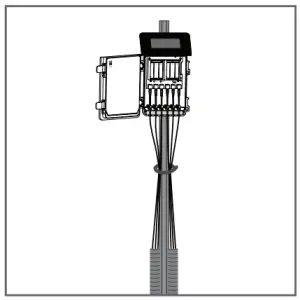TEROS 31 Tensiometer
Preparation
Confirm TEROS 31 components are intact. For installation, gather the tensiometer auger, a refilling syringe (purchased separately), a refilling rack (purchased separately), and deionized water.Determine the desired installation angle and calculate the corresponding installation depth.
METER recommends conducting a system check with a logger prior to installation.
NOTE: A barometric reference sensor is needed as part of the system configuration to accurately measure soil water potential.
Read the full TEROS 31 User Manual at metergroup.com/teros31support. All products have a 30-day satisfaction guarantee.
![]() ATTENTIONFor best results, use the latest versions of METER software and firmware for the computer or mobile device, ZENTRA products, and sensors. Please use the software Help menu to find updates. Consult the sensor user manual for more troubleshooting tips.
ATTENTIONFor best results, use the latest versions of METER software and firmware for the computer or mobile device, ZENTRA products, and sensors. Please use the software Help menu to find updates. Consult the sensor user manual for more troubleshooting tips.
Filling the Tensiometer
Use the following steps to fill the tensiometer prior to installation. Consult the TEROS 31 User Manual for more details.
- Unscrew the TEROS 31 shaft from the TEROS 31 sensor unit.
- Connect the shaft into the shaft adapter and the adapter to a refill syringe. Put the shaft into a beaker with the syringe plunger pulled back. Leave for several hours.
- Connect the TEROS 31 sensor unit to the sensor unit adapter.
- Fill the second refill syringe with deionized water and connect the syringe to the sensor unit adapter.
- Put the sensor unit into the refill unit rack with the syringe plunger pulled back and let the sensor unit degas for several hours.
- Remove the adapters and screw the shaft carefully into the sensor unit.
NOTE: After successful refill, keep the ceramic tip wet until installation. Use the protective cap for longer storage time.
Installation
- Fill the TensiometerAuger a hole at the proper angle with the auger. Auger to the desired depth in steps to avoid soil compaction. Insert the TEROS 31 into the borehole firmly, but carefully. Do not touch the ceramic cup.

- Check Sensor and Protect CablesPlug the sensor into the data logger and use the SCAN function in the software to do a quick check of sensor operation before backfilling.Secure and protect cables with PVC casing or flexible conduit and backfill the trench or hole.

- Plug Sensor In and Configure LoggerUse data logger software to apply appropriate settings to the sensors plugged into each data logger port.

SUPPORT
Have a question or problem? Our support team can help.
We manufacture, test, calibrate, and repair every instrument in house. Our scientists and technicians use the instruments every day in our product testing lab. No matter what your question is, we have someone who can help you answer it.
NORTH AMERICAEmail: [email protected]Phone: +1.509.332.5600
EUROPEEmail: [email protected]Phone: +49 89 12 66 52 0
References
[xyz-ips snippet=”download-snippet”]

